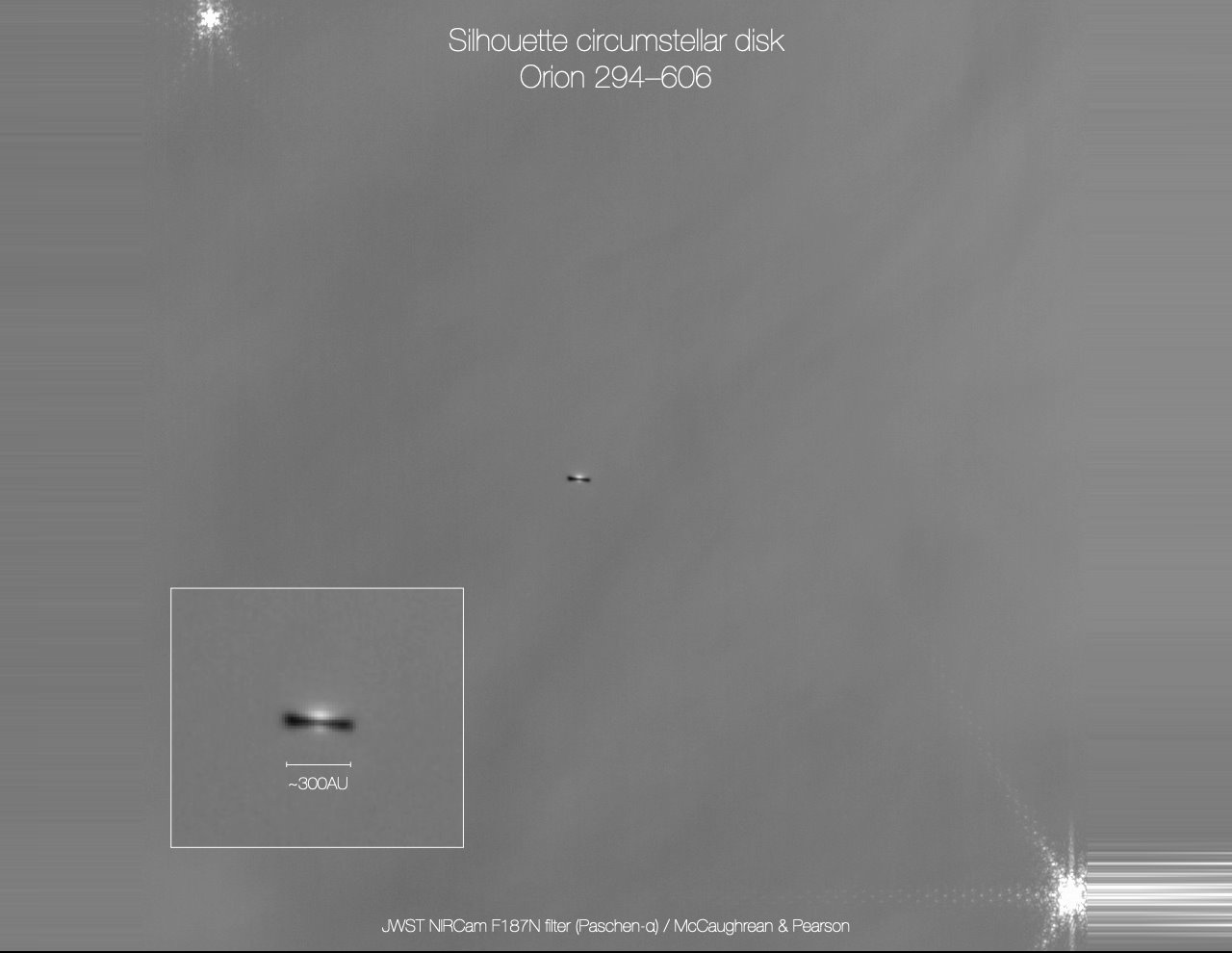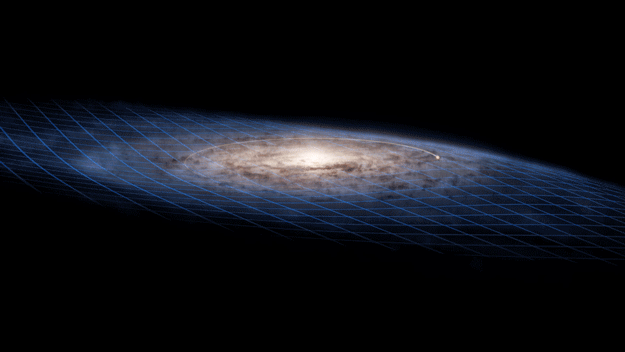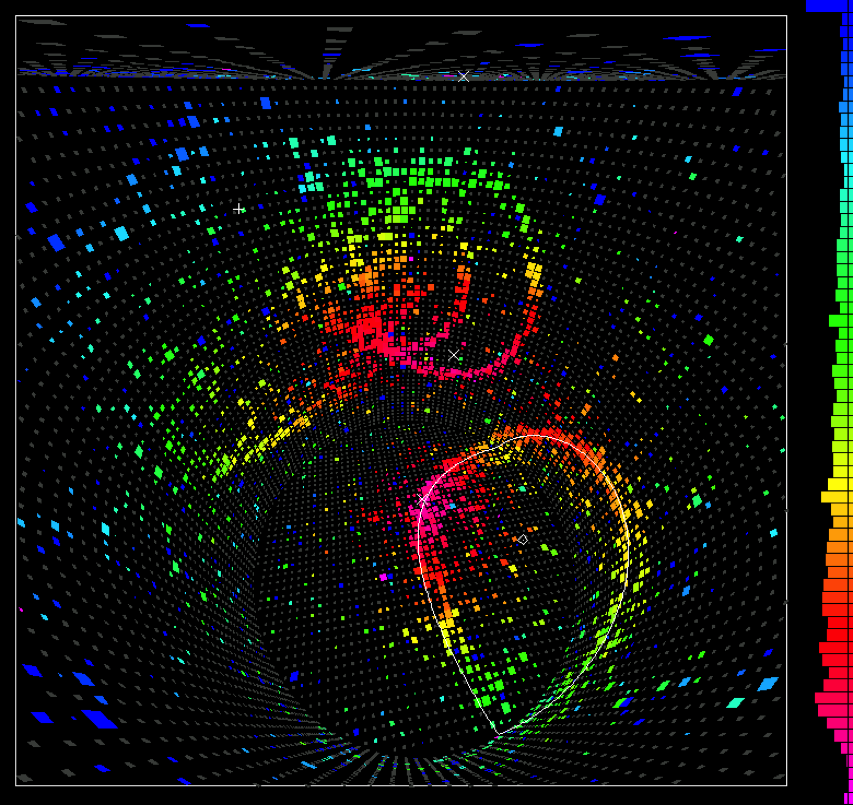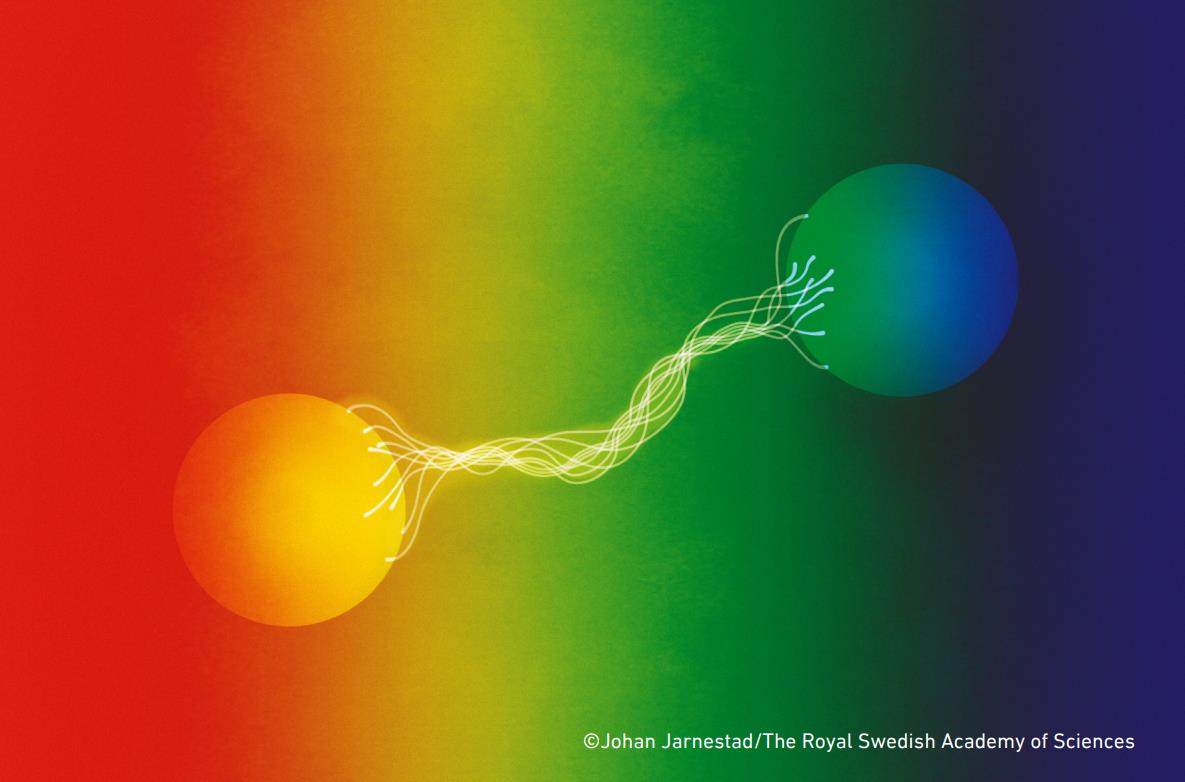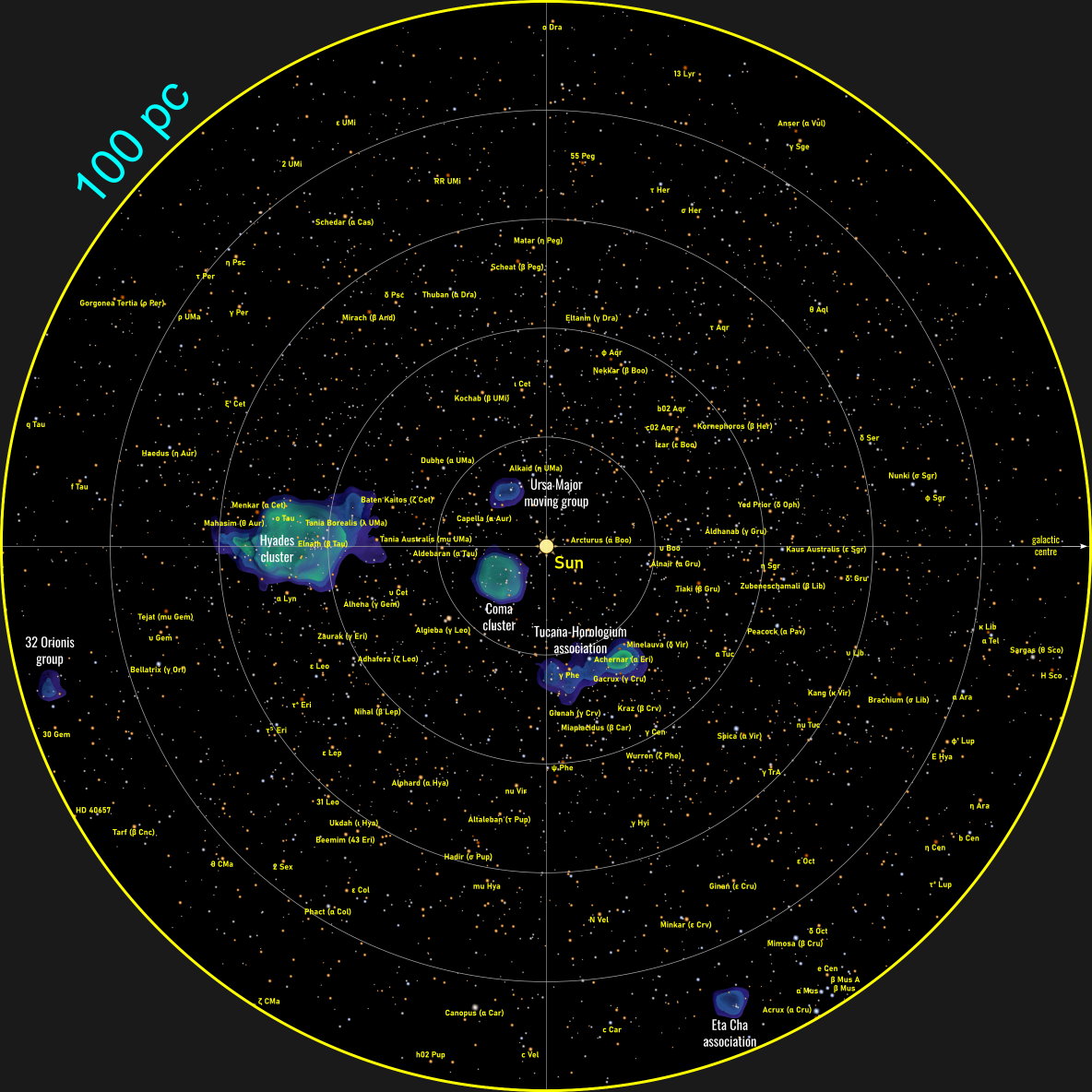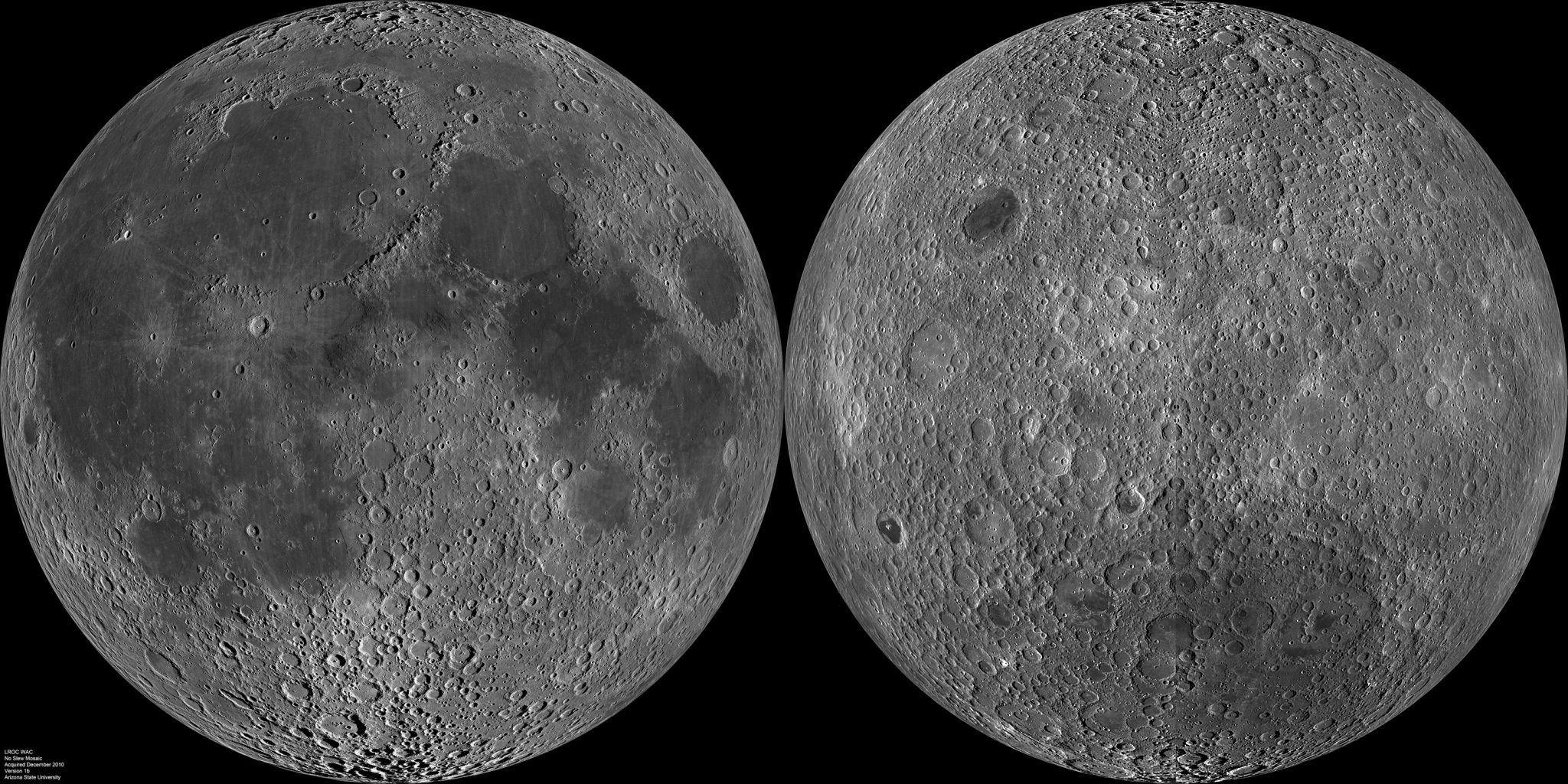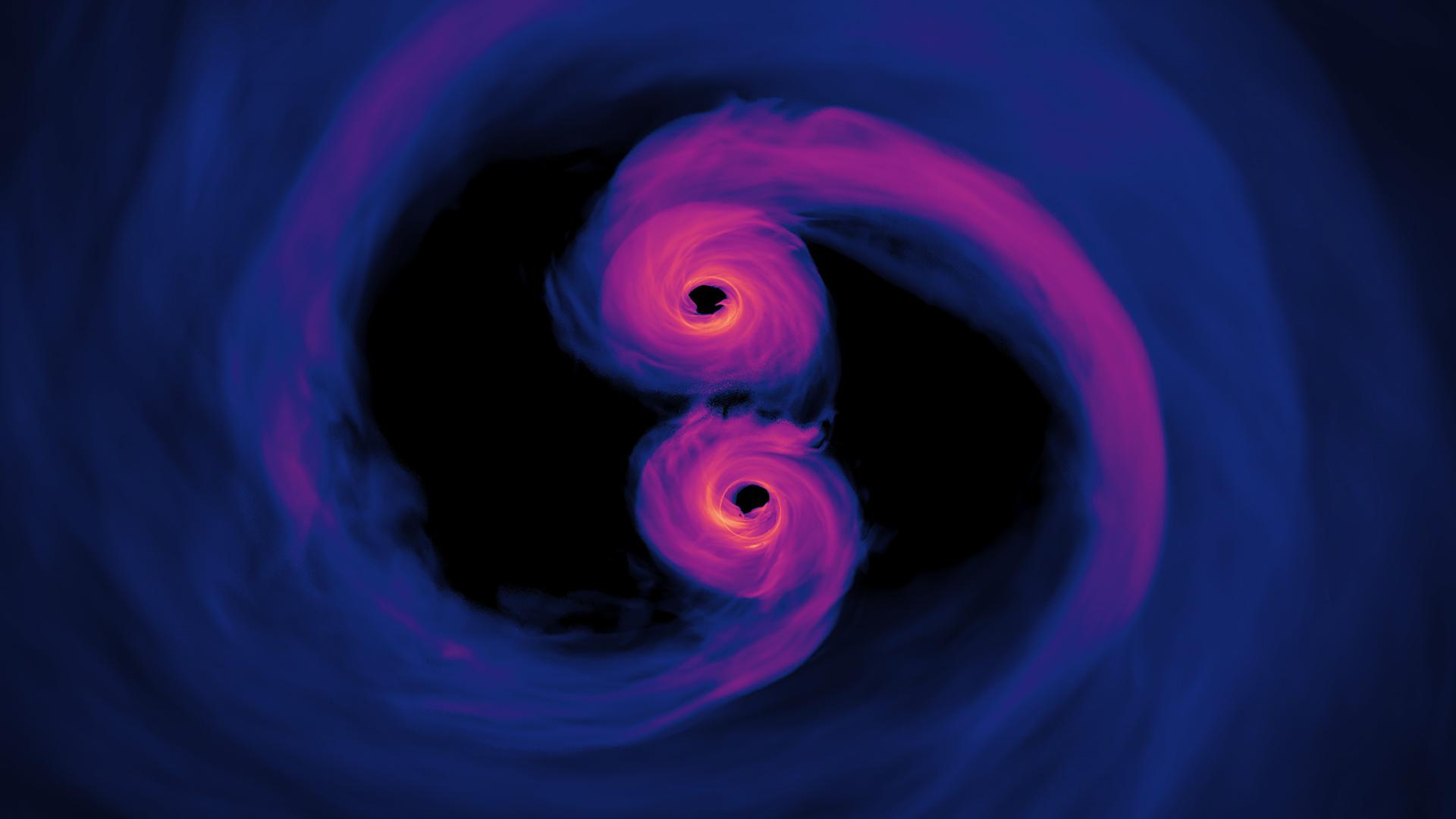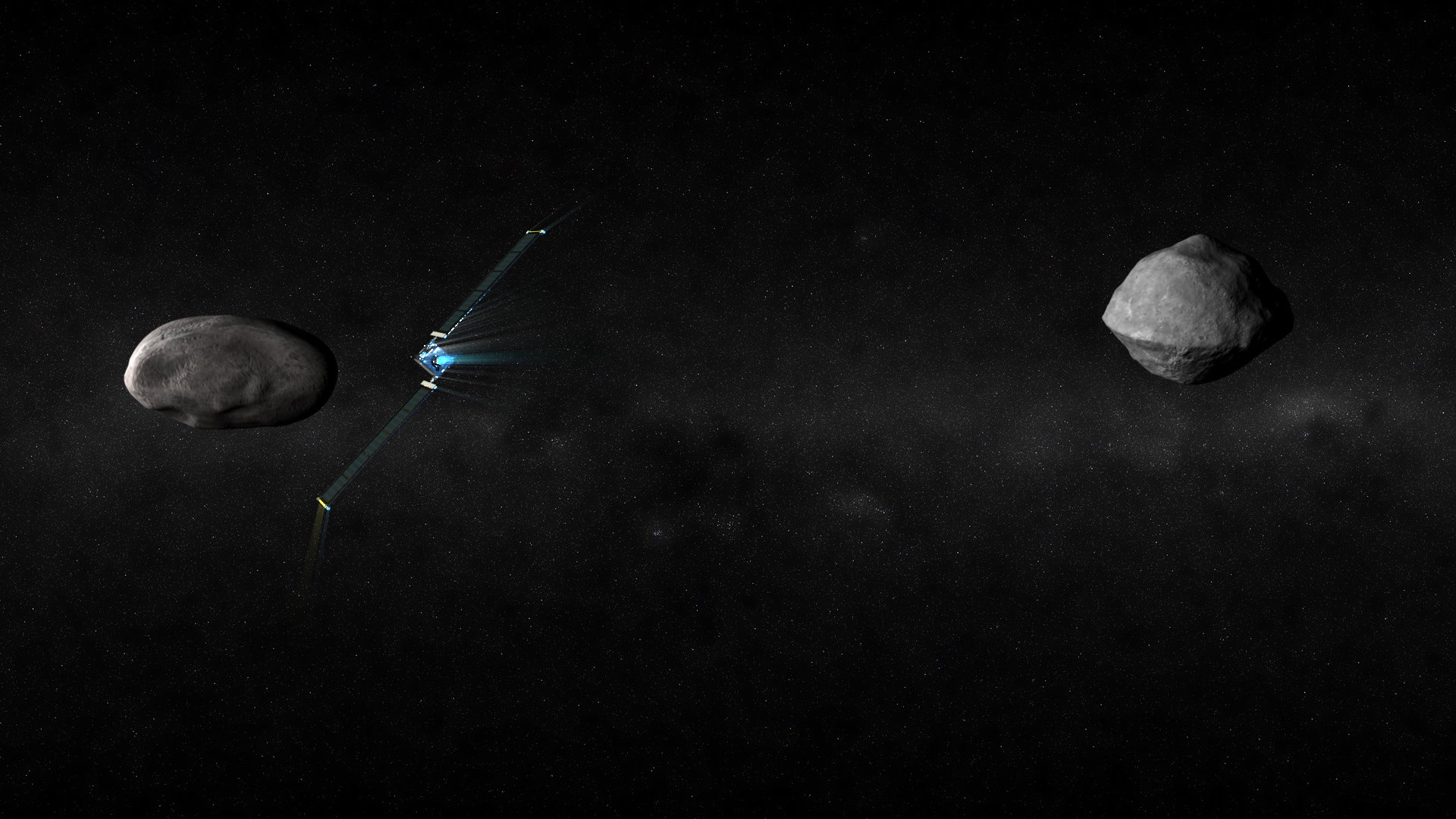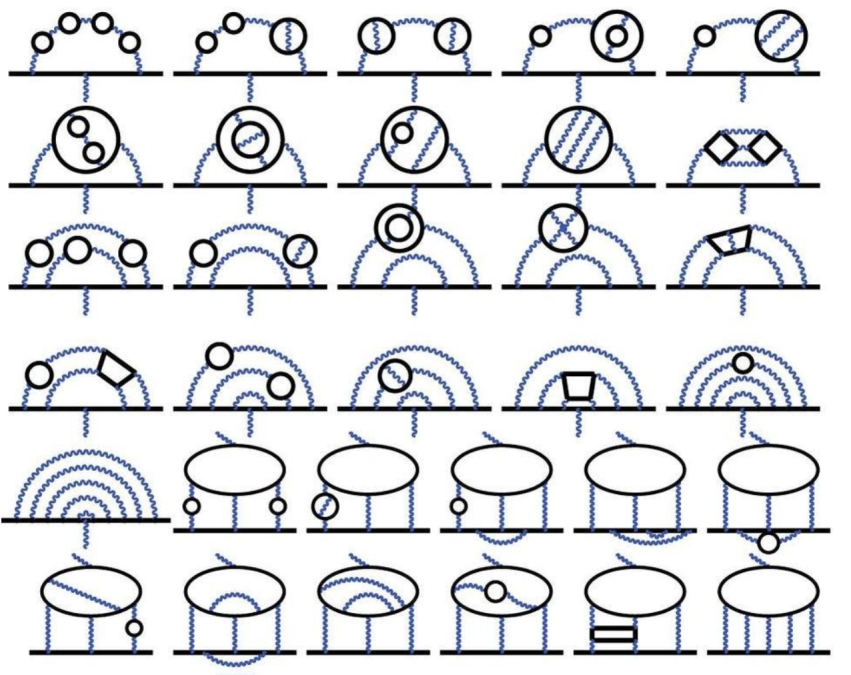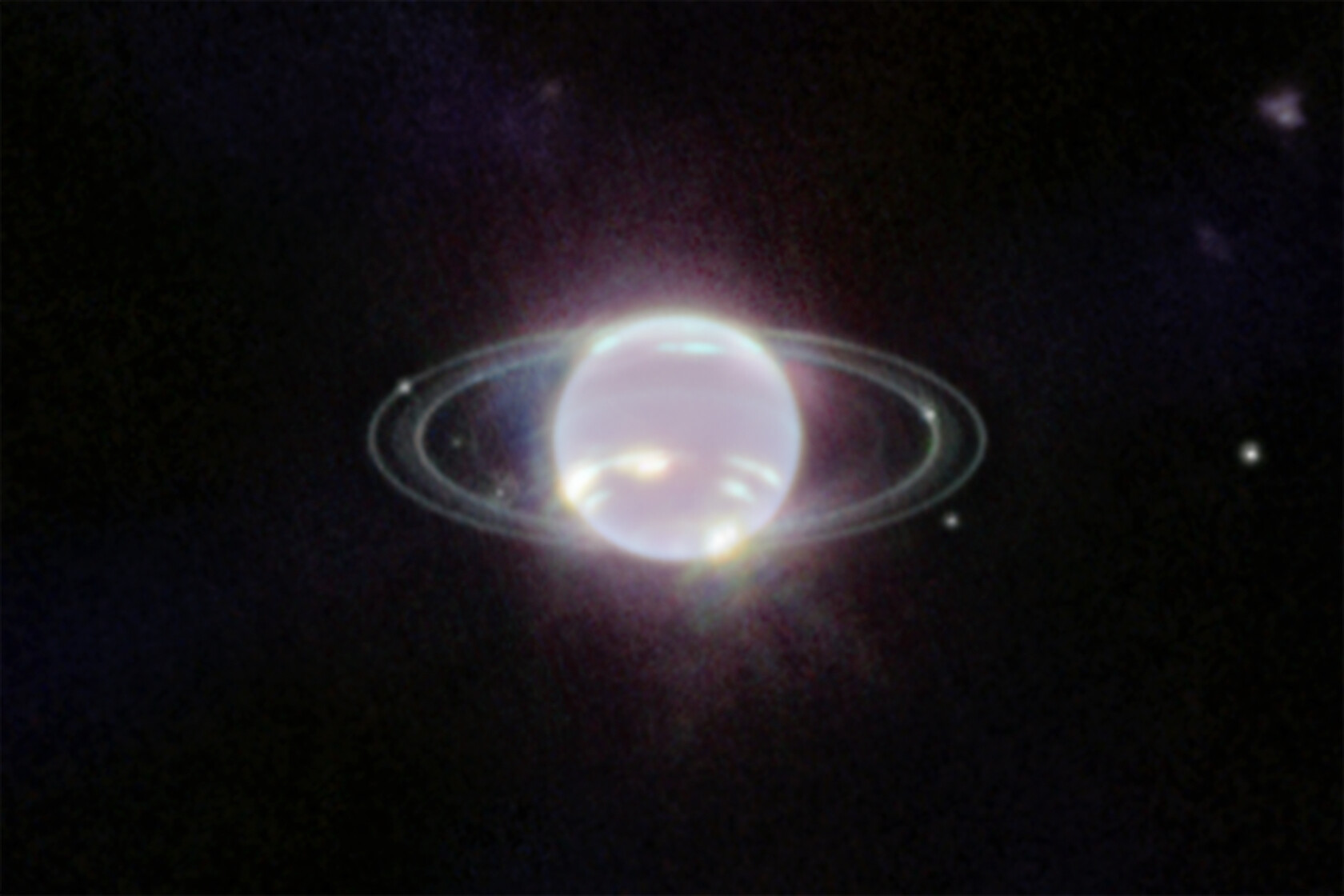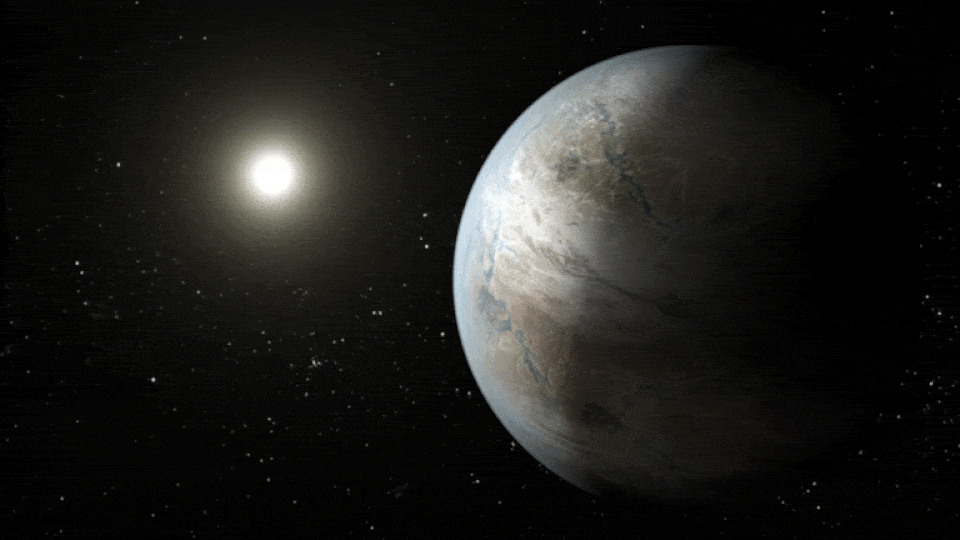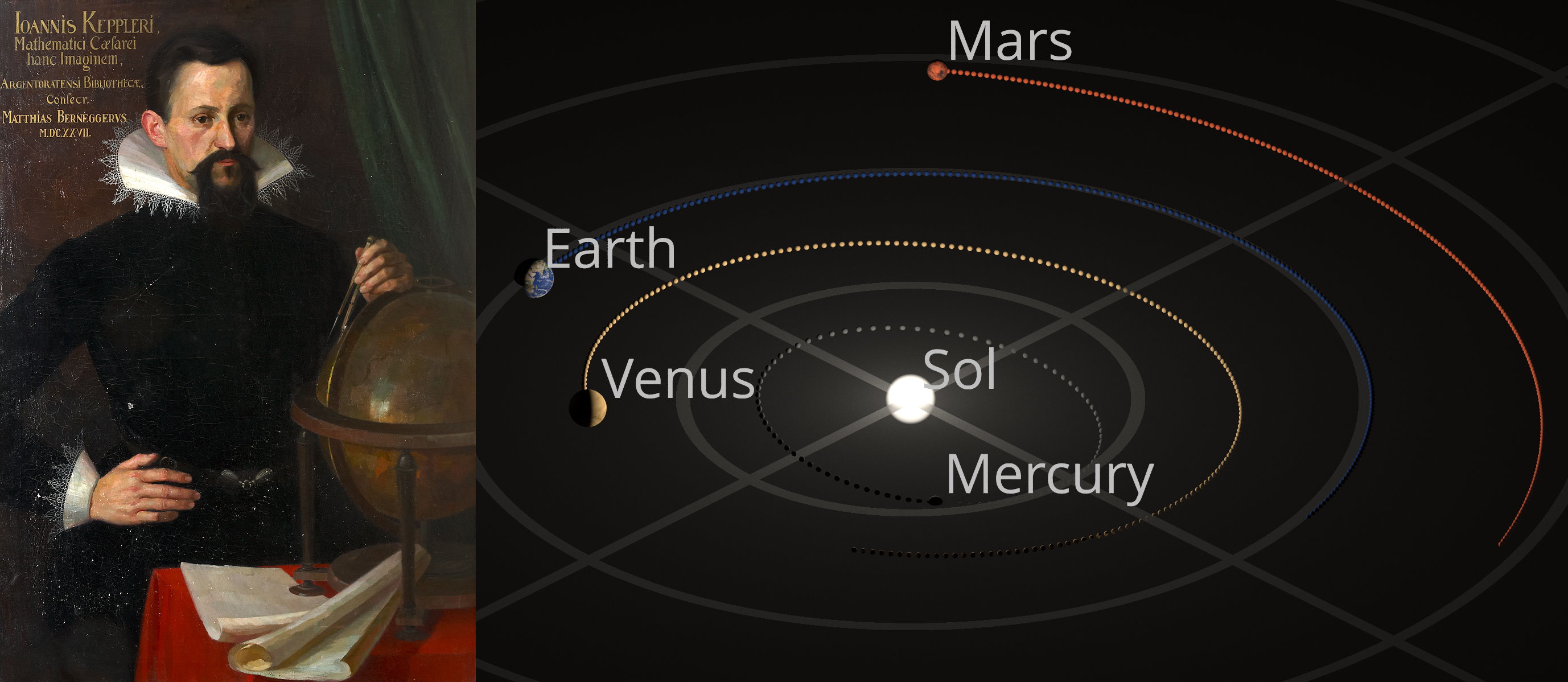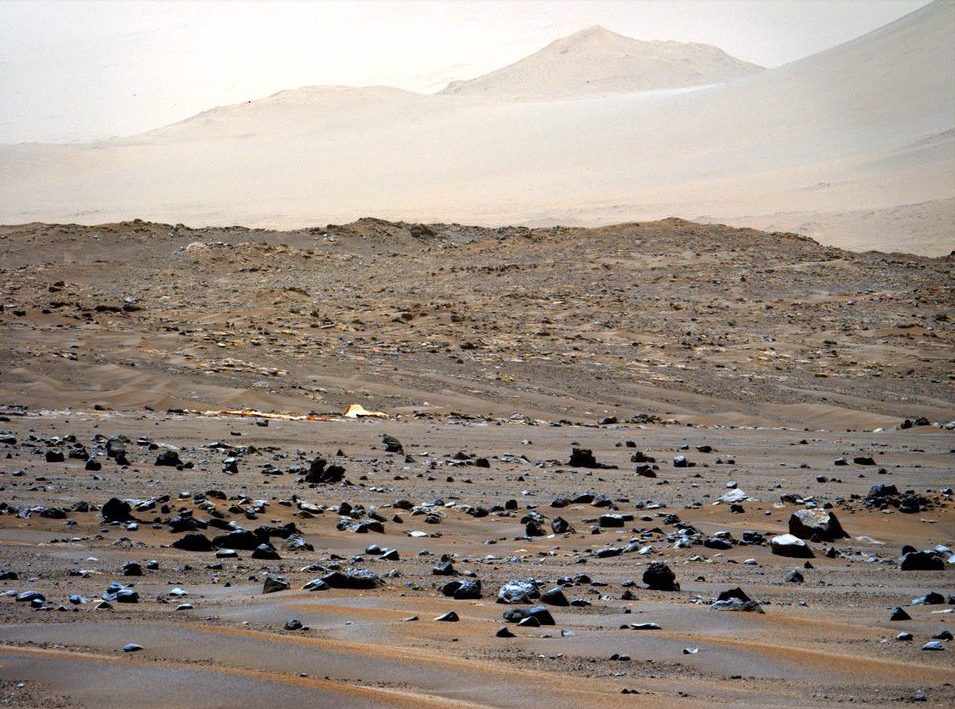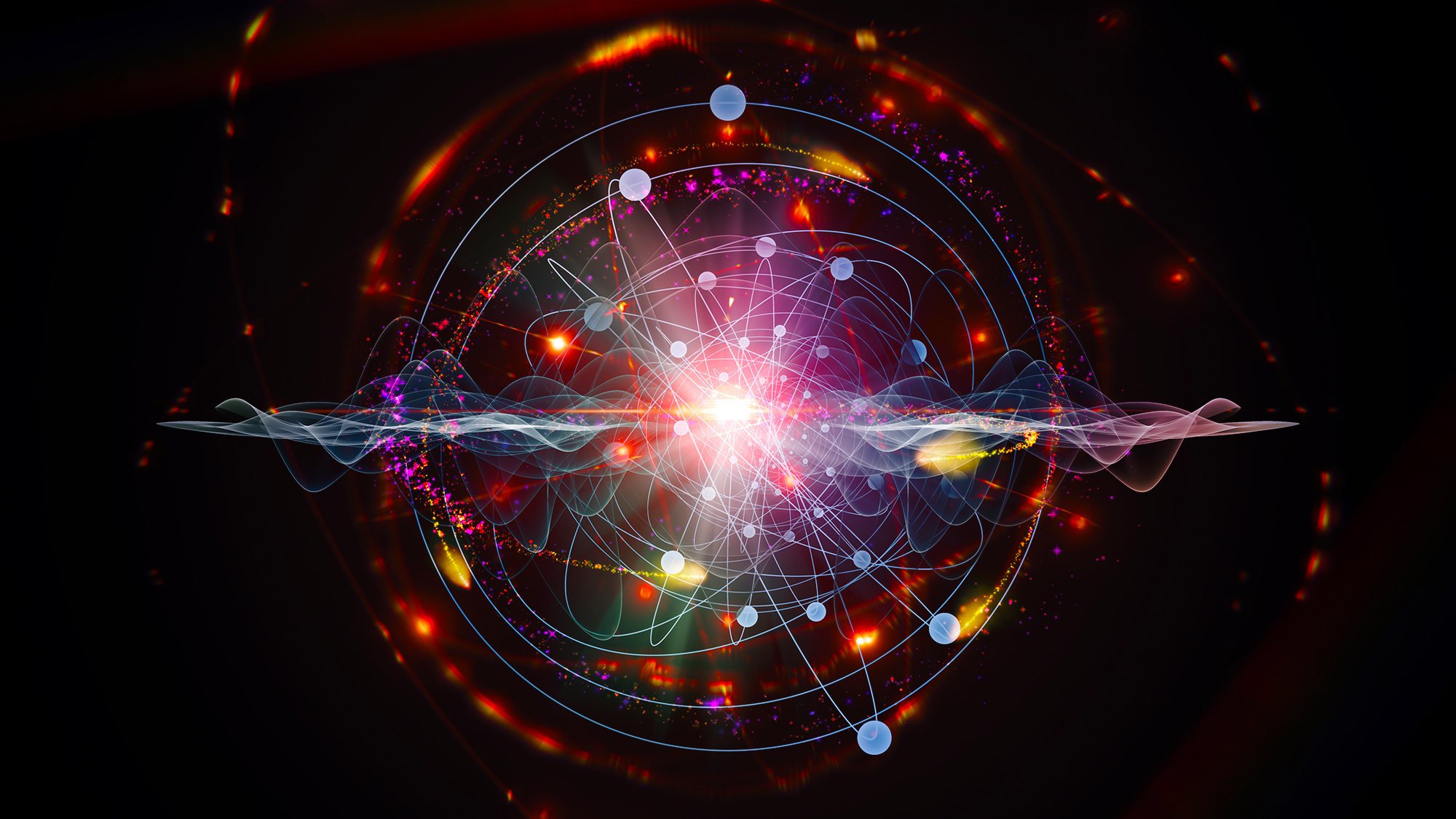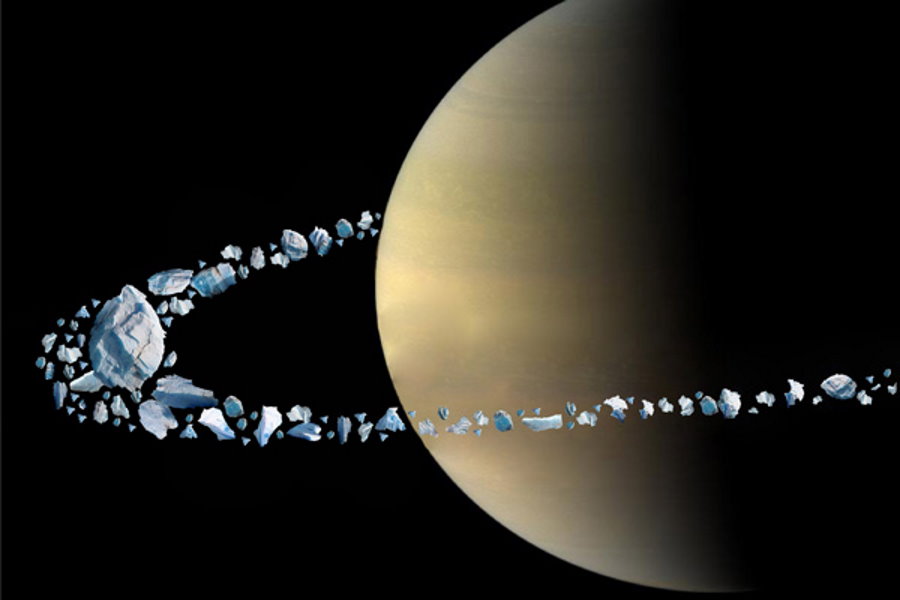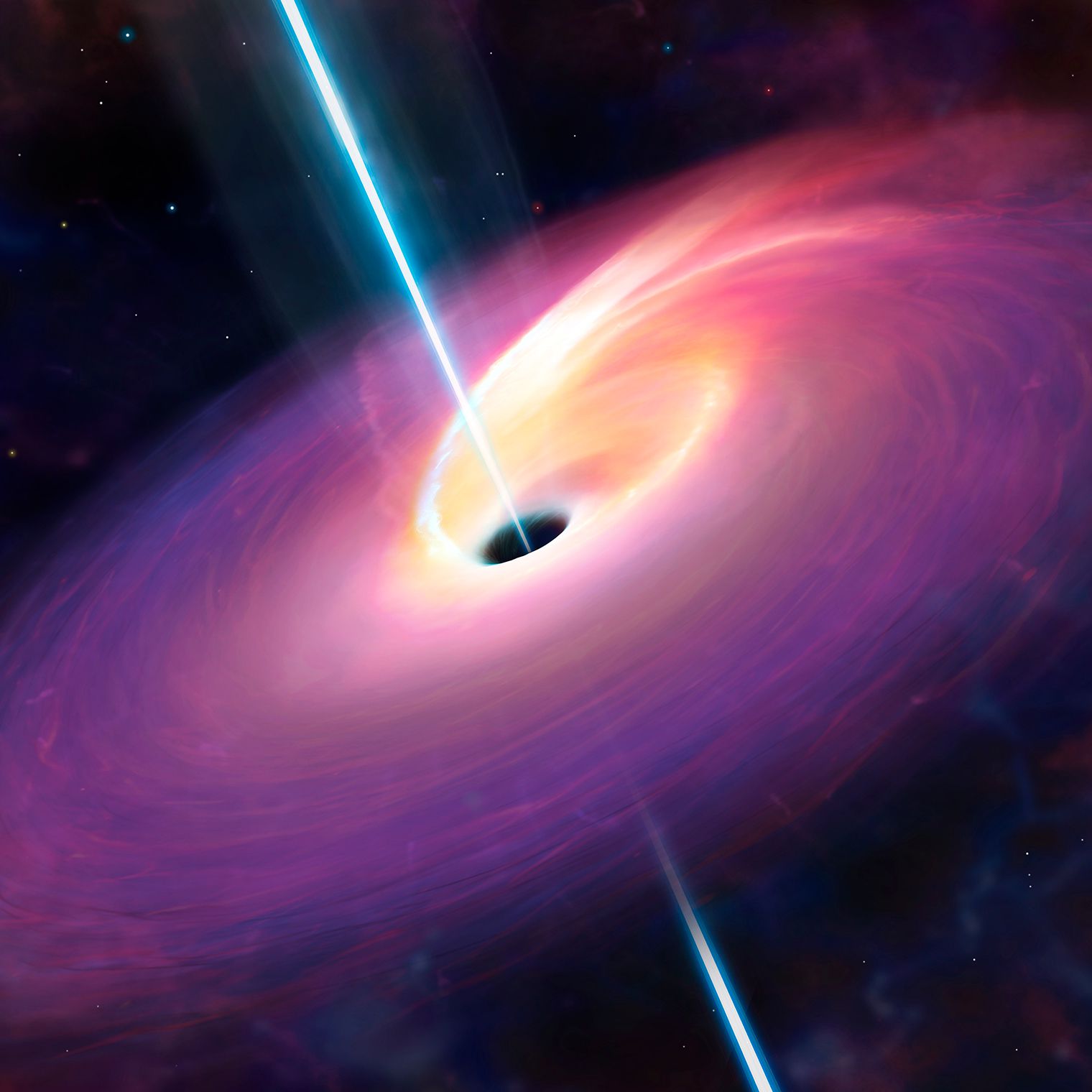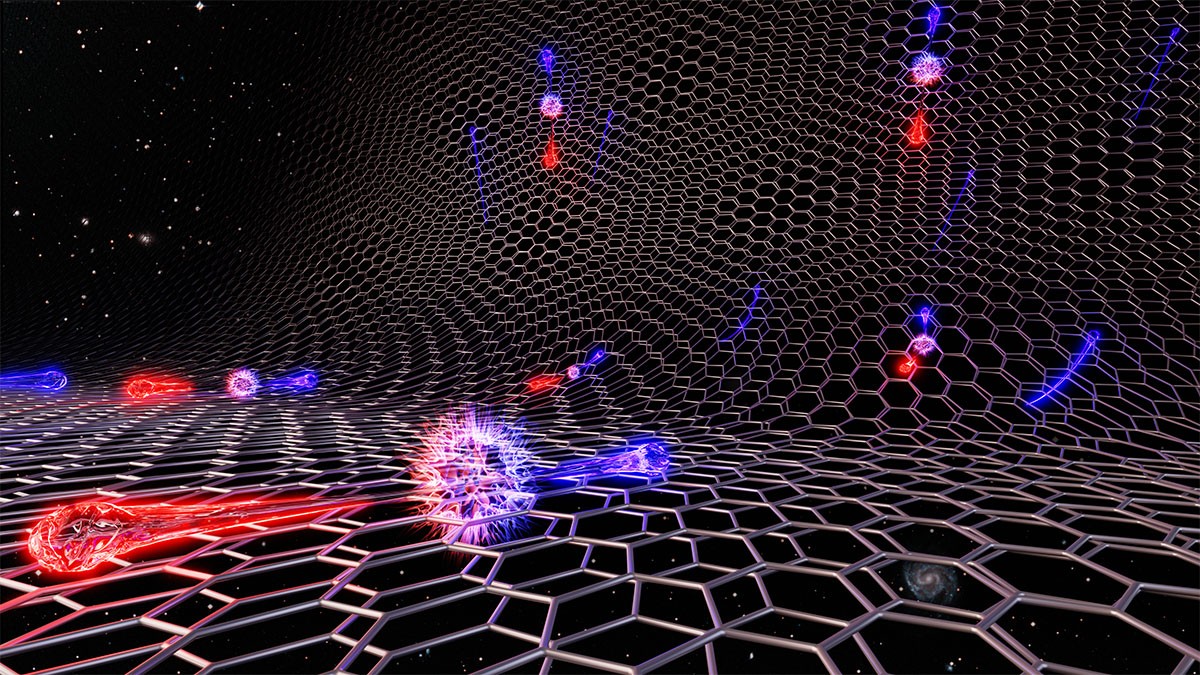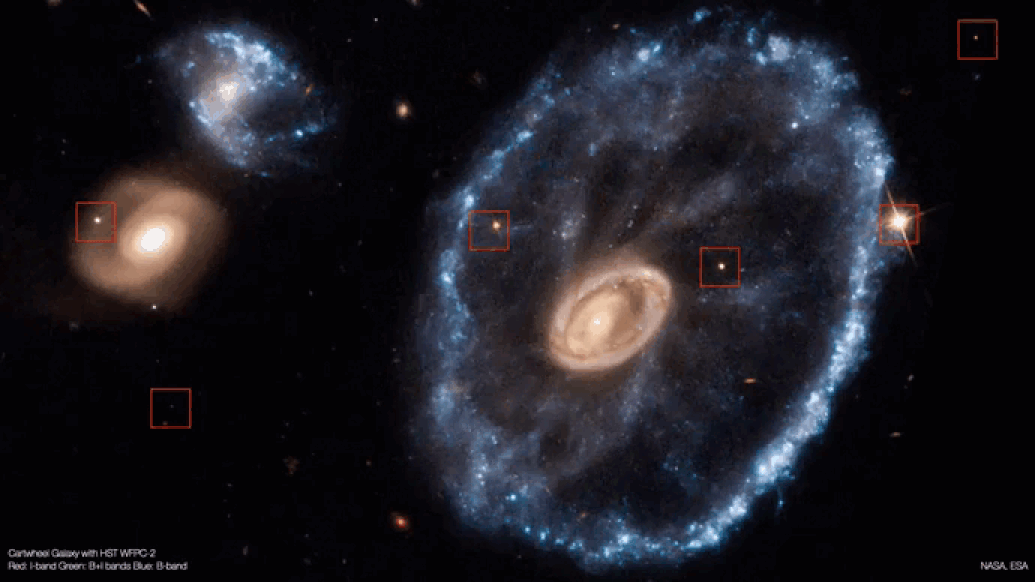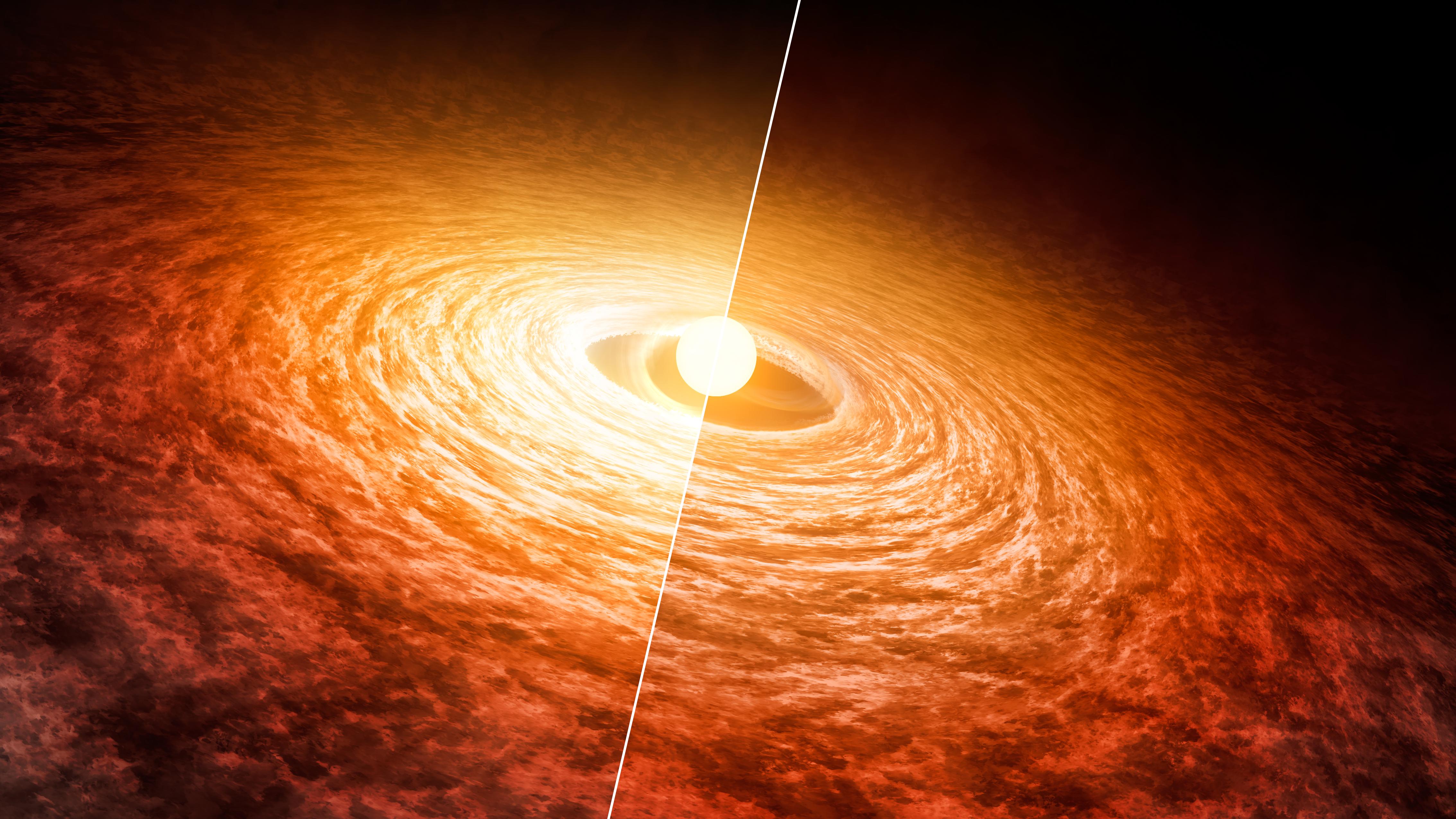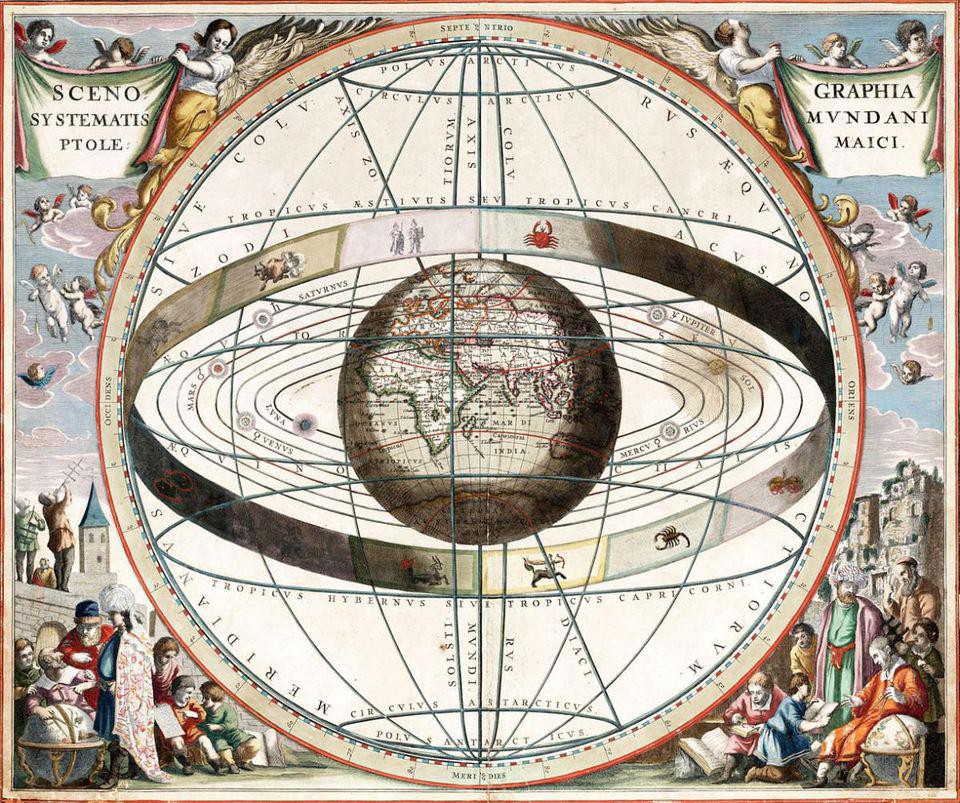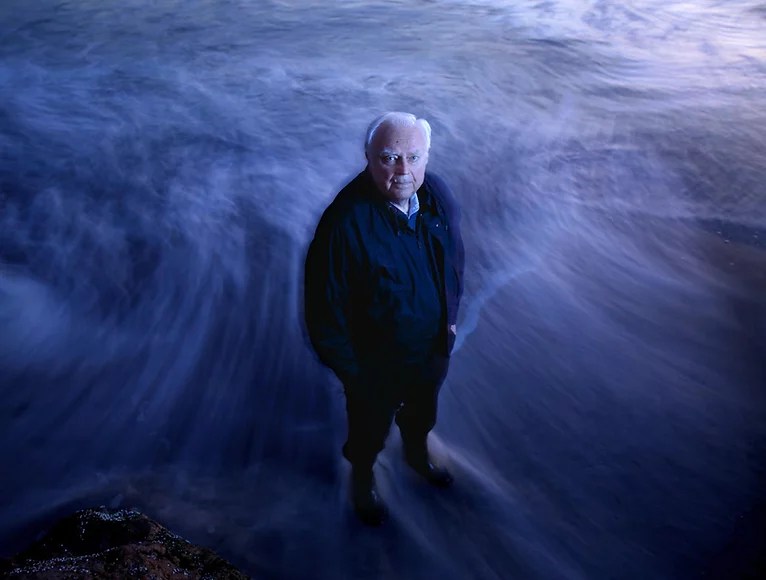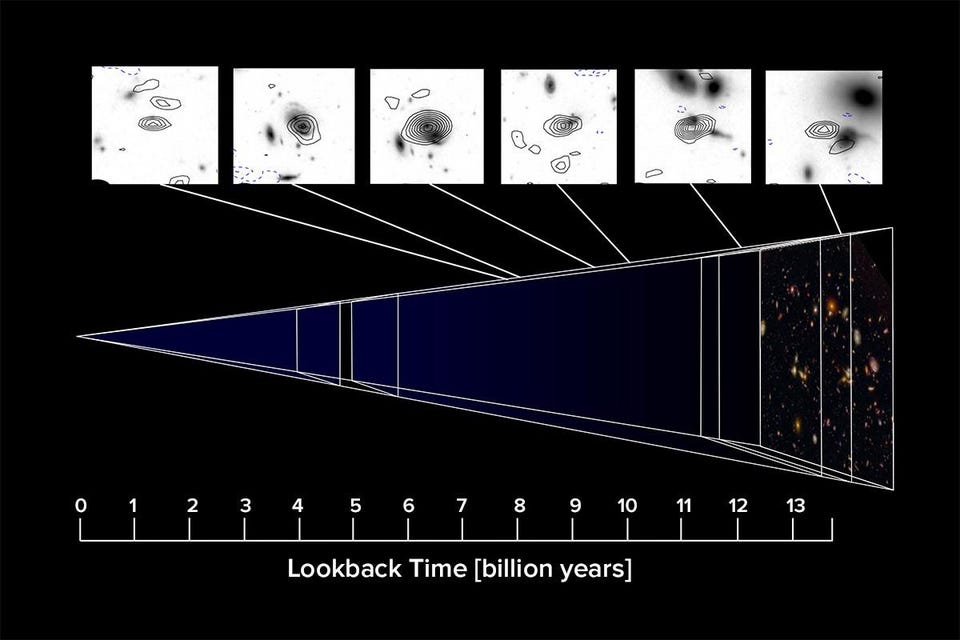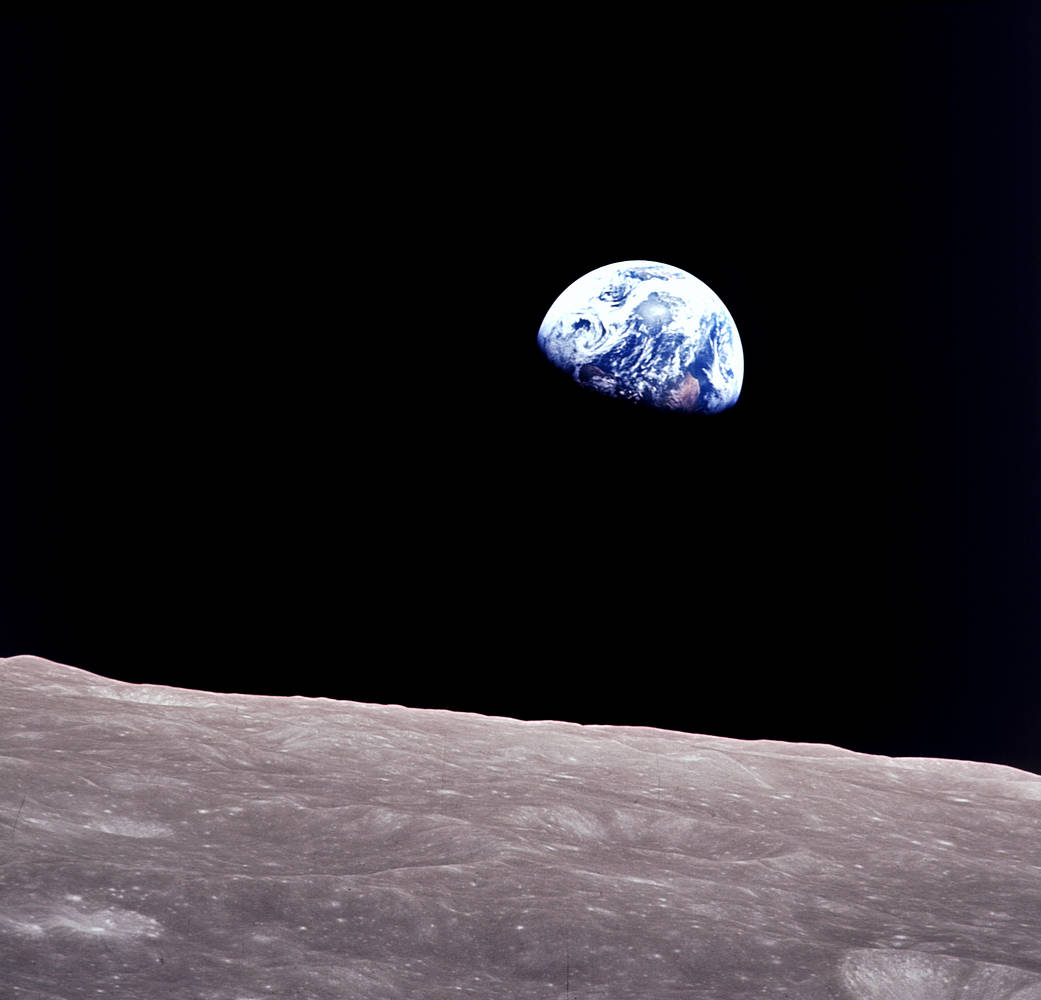Ethan Siegel
A theoretical astrophysicist and science writer, host of popular podcast "Starts with a Bang!"
Ethan Siegel is a Ph.D. astrophysicist and author of "Starts with a Bang!" He is a science communicator, who professes physics and astronomy at various colleges. He has won numerous awards for science writing since 2008 for his blog, including the award for best science blog by the Institute of Physics. His two books "Treknology: The Science of Star Trek from Tricorders to Warp Drive" and "Beyond the Galaxy: How humanity looked beyond our Milky Way and discovered the entire Universe" are available for purchase at Amazon. Follow him on Twitter @startswithabang.

With its first view of a protoplanetary disk around a newly forming star, the JWST reveals how alone individual stellar systems truly are.
The Universe begins with negligible amounts of angular momentum, which is always conserved. So why do planets, stars, and galaxies all spin?
Before we discovered gravitational waves, multi-messenger astronomy got its start with light and particles arriving from the same event.
They say that nobody understands quantum mechanics. But thanks to these three pioneers in quantum entanglement, perhaps we do.
When you don’t have enough clues to bring your detective story to a close, you should expect that your educated guesses will all be wrong.
From the tiniest subatomic scales to the grandest cosmic ones, solving any of these puzzles could unlock our understanding of the Universe.
It’s the very closest stars to us that hold the key to unlocking the possibilities for life in star systems all throughout the Universe.
In the 20th century, many options abounded as to our cosmic origins. Today, only the Big Bang survives, thanks to this critical evidence.
Amplifying the energy within a laser, over and over, won’t get you an infinite amount of energy. There’s a fundamental limit due to physics.
The far side of the Moon is incredibly different from the Earth-facing side. 63 years later, we know why the Moon’s faces are not alike.
We have two descriptions of the Universe that work perfectly well: General Relativity and quantum physics. Too bad they don’t work together.
Sooner or later, Earth is going to be hit by a large enough space object to cause significant damage to humanity. Stopping them isn’t easy.
No matter what physical system we consider, nature always obeys the same fundamental laws. Must it be this way, and if so, why?
The James Webb Space Telescope viewed Neptune, our Solar System’s final planet, for the first time. Here’s what we saw, and what it means.
From here on Earth, looking farther away in space means looking farther back in time. So what are distant Earth-watchers seeing right now?
When people pick the greatest scientist of all-time, Newton and Einstein always come up. Perhaps they should name Johannes Kepler, instead.
Yes, NASA’s Perseverance rover found organics on Mars. So did Curiosity. Unfortunately, that doesn’t mean anything in the search for life.
No matter how good our measurement devices get, certain quantum properties always possess an inherent uncertainty. Can we figure out why?
Since the time of Galileo, Saturn’s rings have remained an unexplained mystery. A new idea may have finally solved the longstanding puzzle.
Black holes aren’t just the densest masses in the Universe, but they also spin the fastest of all massive objects. Here’s why it must be so.
In our common experience, you can’t get something for nothing. In the quantum realm, something really can emerge from nothing.
The first set of James Webb’s images blew us all away. In just 2 mere months, it’s seen highlights that no one could have predicted.
As recently as 1990, we didn’t know of any planets beyond our Solar System. Today, with 5000+, we’re deep into the weeds of how they form.
At a fundamental level, only a few particles and forces govern all of reality. How do their combinations create human consciousness?
No planet enters retrograde more frequently than Mercury, which does so 3-4 times each year. Here’s the scientific explanation for why.
With the right material at the right temperature and a magnetic track, physics really does allow perpetual motion without energy loss.
Remembering Frank Drake, who transformed the search for alien life & extraterrestrial intelligence into a full-fledged scientific endeavor.
Einstein’s relativity teaches us that time isn’t absolute, but passes relatively for everyone. So how do telescopes see back through time?
Planets can create nuclear power on their own, naturally, without any intelligence or technology. Earth already did: 1.7 billion years ago.
The last 70 years have taken us farther than the previous 70,000. But can we accomplish more than creating a record saying, “We were here?”
